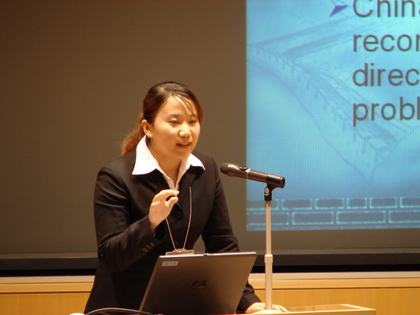Independent Directors in Chinese Corporate Governance
 Countries have increasingly embraced the US corporate governance model by adopting an independent director system as their main supervisory mechanism. China followed this trend and officially adopted an independent director system in 2001. This paper examines the positive and negative aspects of adopting such a system. Countries have increasingly embraced the US corporate governance model by adopting an independent director system as their main supervisory mechanism. China followed this trend and officially adopted an independent director system in 2001. This paper examines the positive and negative aspects of adopting such a system.
There are some obvious benefits to having an independent director system play a central role in monitoring management. However, it is also clear that the independent director system is far from perfect and suffers from its own inherent weaknesses. The inherent weaknesses in the independent director system may be exacerbated when it is transplanted into a system of corporate governance that differs in important respects from the US model.
The structure of shareholdings in China is significantly different from those in the US. As such, it is questionable whether the independent director system can function well in China. This paper attempts to determine the effectiveness of independent directors in Chinese corporate governance and highlights the potential difficulties of transplanting a US style independent director system into the Chinese model.
The Corporate Governance in East Asia 2007 Conference papers were published on the Asian-Pacific Law & Policy Journal, Volume IX, Issue 1.
 Please follow this link for the downloadable (pdf) file of Ms. Jie's paper. Please follow this link for the downloadable (pdf) file of Ms. Jie's paper.
|